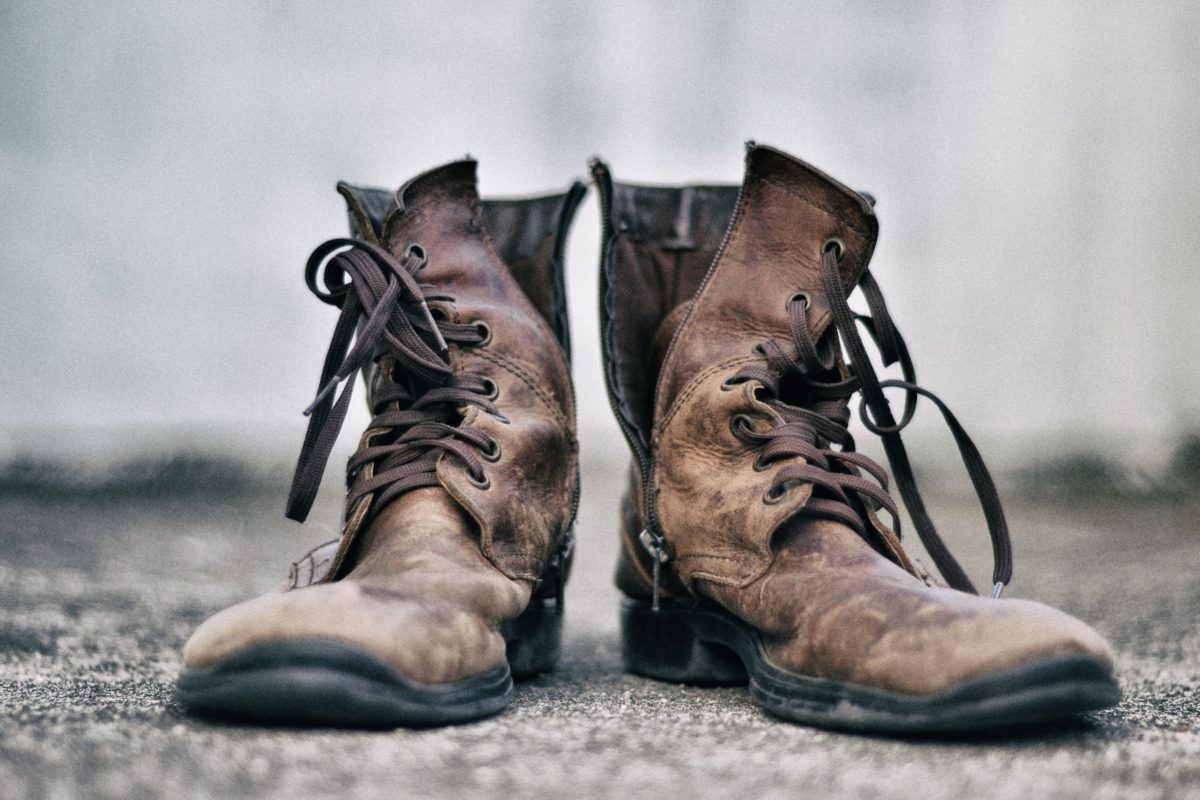Collateral Damage: Mental & Emotional Problems in Veterans’ Kids on the Rise

Photo by Oziel Gómez on Unsplash
We have all heard the stories about the challenges that veterans face when they come home from war. But the struggles their children face when a parent comes back are sometimes pushed aside. Think about it: Before your father was deployed, he would take you out for ice cream or to the park. But when he came back, you didn’t celebrate the homecoming like you thought. He couldn’t take you out for ice cream, because he was too paranoid to leave the house. He couldn’t take you to the park anymore, because being around large crowds made him nervous and anxious.
In a recent article published by CBS News, Iraqi war veteran Aaron Barton stated, “I was scared to go out of the house at the time. Crowds made me nervous. I’m always still looking for snipers. I just get to the point where the rage takes over and I can’t control it. I usually tell my children to leave me alone but I would never intentionally harm them.” Aaron was a specialist in the Army National Guard, serving two deployments in Iraq that left him with injuries to his brain and spine. He was diagnosed with post-traumatic stress disorder in 2007, leaving his wife Abigail with an intense feeling of disgust towards military operations. She stated, “I would get so angry. I’d start blaming it on America’s military. I developed depression over time, and a lot of anxiety.” Aaron’s 18-year old son, Alex, did not cope well with the changes either. In 2013, he attempted suicide and spent four days on life support.
According to CNN, it is estimated that as many as five million kids have had a parent or sibling serve in Iraq or Afghanistan since September of 2001. Professor of Social Work at the University of Southern California, Ron Avi Astor, says that up to a million and a half of those kids with parents serving or having served, now considered veterans, in the war are not doing well mentally and emotionally. He found that one out of four military kids is likely to consider suicide, significantly more than non-military kids.
The children of many soldiers can be considered “collateral damage” – unintended targets of war, struggling with the same depression and anxiety as their parents do when they come home. However, all hope is not lost.
Second clinical trial on the use of BioCurcumin in people with depression – read more here!
Here are some things you can do as a parent to help:
- Make sure your children feel safe so they can speak freely and openly to you about any issues or concerns
- Let them lead the conversation: what they are feeling may surprise you. Listen before assuming their questions or feelings.
- Always look for signs of changes in your children. Are they suddenly more reserved? Have they stopped including themselves in activities? Be sure you are watching for these signs, as they might signify a larger issue.
- Reassure your children that they are safe, but do not dismiss their concern.
- If you notice a change in your children, speak to them. If talking does not help, or you notice their symptoms worsening, it may be best to consult a professional.
Sources: cbsnews.com,plan.org